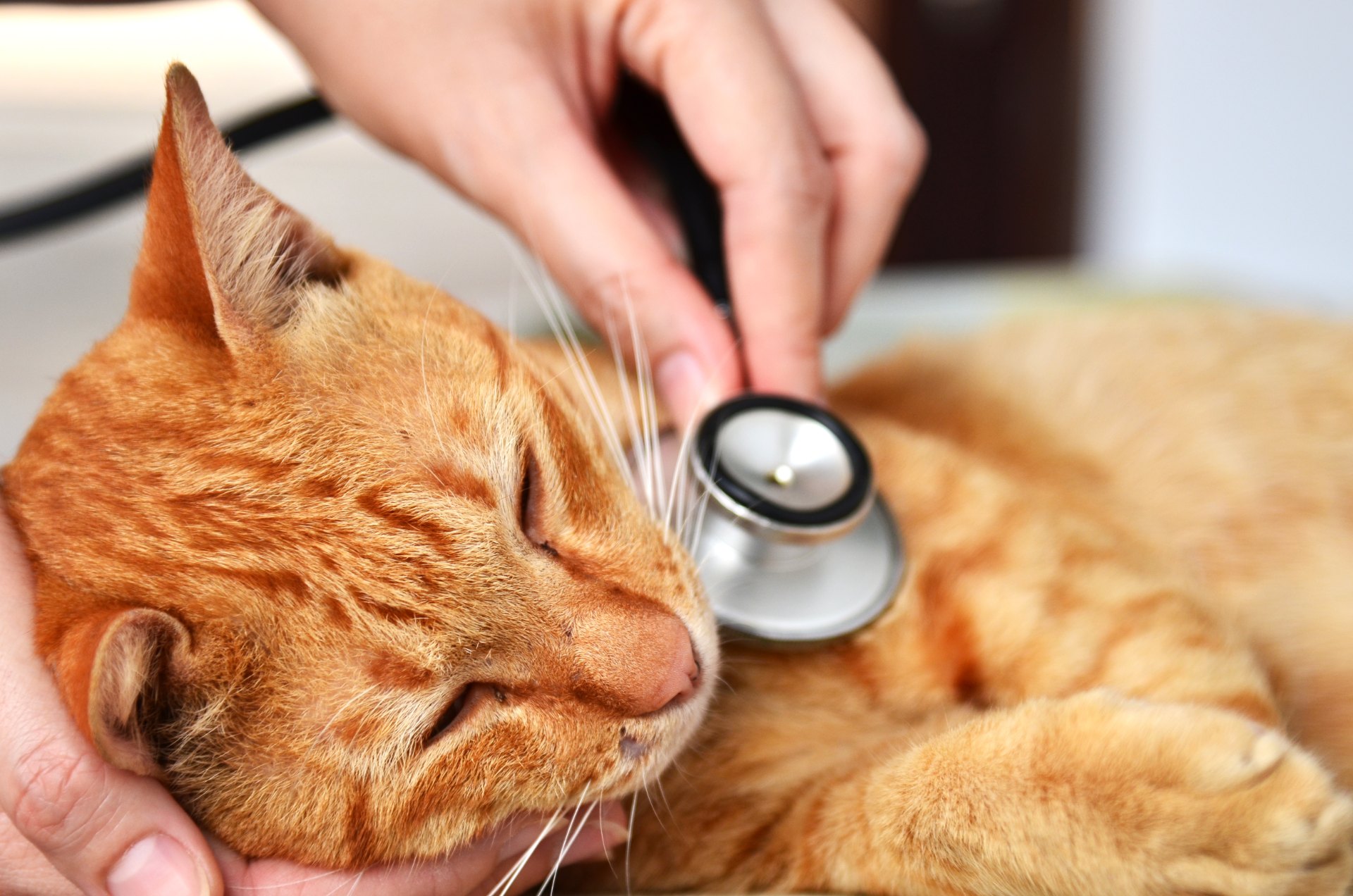Lungworm is a parasitic infection that can affect cats in UK, and although it is a rare infection, it poses a health risk we should be aware of. Our feline friends can be infected by a parasitic lungworm called Aelurostrongylus abstrusus but thankfully the infection is rarely fatal.
What is Lungworm and how is it spread?
The lungworm that infects dogs and foxes in UK is a parasitic worm called Angiostrongylus vasorum which can cause serious health problems and prove fatal to dogs if not treated. The lungworm that infects cats in UK is a different worm called Aelurostrongylus abstrusus and thankfully the infection is unlikely to prove fatal but can be more serious in kittens, elderly, or unwell cats.
Lungworm larvae live in snails and slugs so cats can become infected by eating them, but it is more likely they become infected through eating small rodents or birds that have eaten the slugs or snails. Larvae can survive in snail and slug slime for a time and so cats could catch the larvae through drinking water contaminated with slime. The larvae pass to the lungs and develop into worms. The worms damage the tissue of the lungs and lay eggs. The eggs are coughed up or passed in faeces which in turn can be passed to the snails and slugs as they eat the poo.
Cat lungworms won’t affect dogs and dog lungworm won’t affect cats so the parasites can’t be passed between pet species.
What are the symptoms of Lungworm infection in cats?
The worms in the lungs can cause coughing, wheezing and difficulty breathing. The symptoms can look like feline asthma. Infected cats could develop a nasal discharge or pneumonia and might feel unwell and go off their food. Unlike the dog lungworm, the worms in cats do not affect the blood vessels of the heart or the heart itself, so it is a less severe infection, but it is still a debilitating infestation and needs treating.
Kittens can be passed the infection by their mother and in the very young it is a far more serious infection. If you think your cat or kitten could be suffering from lungworm consult your vet as soon as possible.
How is lungworm diagnosed?

Usually faecal testing for eggs will reveal if your cat has a lungworm infection. Your vet will check their general health and probably prescribe medication to kill off and prevent further lungworm infections.
How is Lungworm in cats prevented and treated?
If you think your cat might be suffering from Lungworm it is important to consult your vet as soon as possible. Treatment for the infection is widely available but not all worming treatments routinely prevent this worm so it is worth asking your vet about specific treatments if you are worried your cat might be affected.
Making sure you give your cat regular anti-parasite medication which prevents lungworm is the best way to keep your cat healthy and free of these nasty worms.
To make sure you can always give your cat the vet care they need if they fall ill or have an accident consult our cat insurance comparison page and consider taking out pet insurance so you never have to make a decision about treatment for your pet based on cost.
